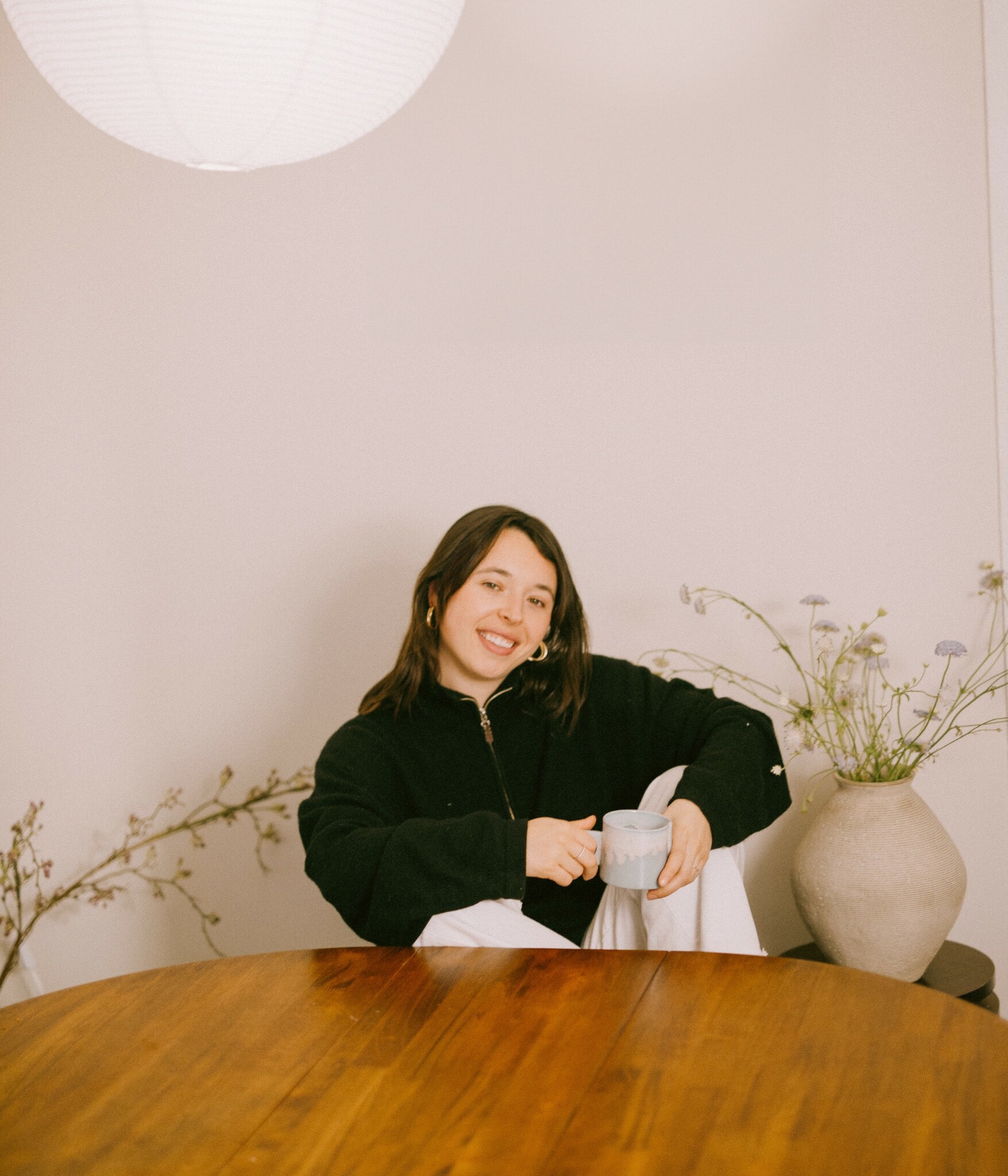We caught up with the brilliant and insightful Carli Gordon a few weeks ago and have shared our conversation below.
Carli, looking forward to hearing all of your stories today. Let’s start with the story of your mission. What should we know?
The Libi Project’s mission sits at the intersection of food and community. While food inherently fosters connection, those working in the industry often find themselves in isolation. Financial constraints, demanding schedules, and limited resources can make it difficult for culinary professionals to find mentorship, connect with like-minded peers, and expand their careers beyond traditional hospitality roles.
The Libi Project is a mission-driven community and creative studio dedicated to uplifting culinary entrepreneurs and fostering stronger connections within the food and beverage industry. At its heart is Culinary Industry Nights, an event series that intentionally brings together culinary creatives, F&B professionals, farmers, and producers.
Through Culinary Industry Nights and initiatives like the Culinary Creatives Collective, we break down barriers—creating space for collaboration, career growth, and exposure to mission-driven innovators shaping the industry. Beyond networking, these gatherings provide mentorship opportunities and long-term support, ensuring F&B professionals have the connections and resources they need to thrive.
Ultimately, my work honors those who nourish our communities and shape the way we eat, gather, and connect.
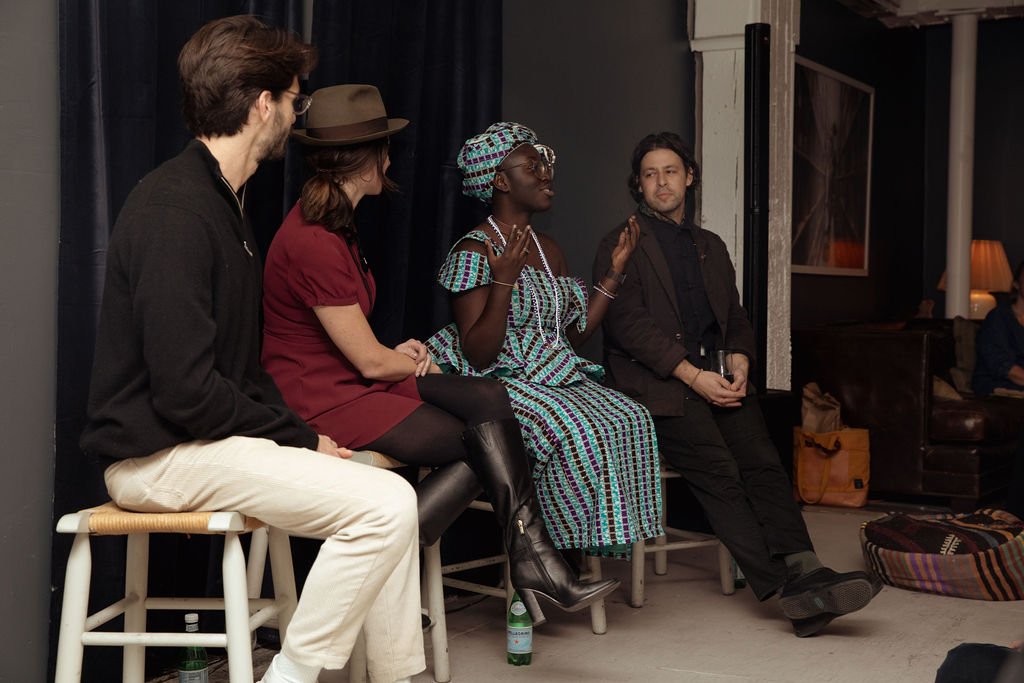
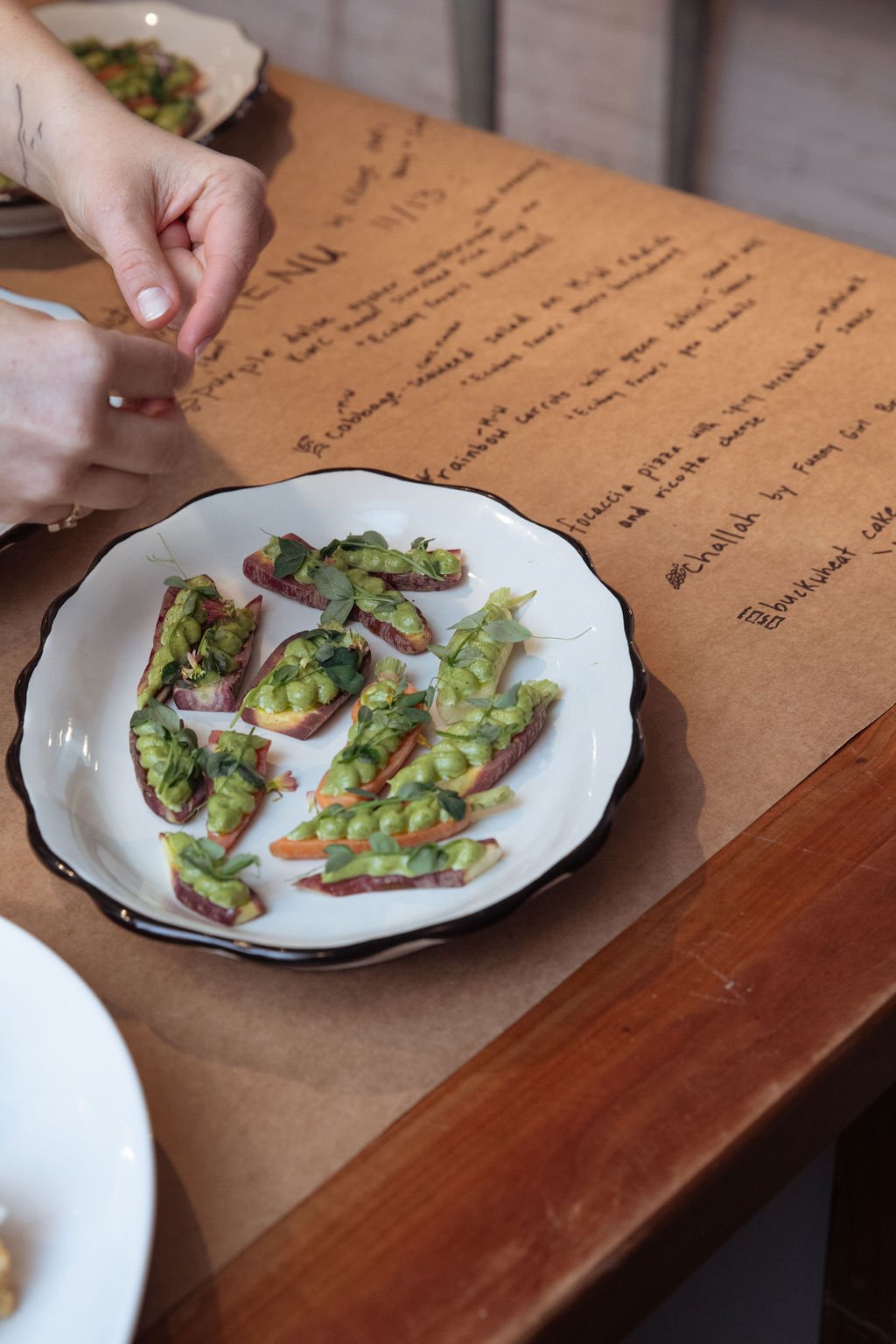
As always, we appreciate you sharing your insights and we’ve got a few more questions for you, but before we get to all of that can you take a minute to introduce yourself and give our readers some of your back background and context?
My career in food started long before I ever thought of it as one. Every single one of my birthdays revolved around food—while other kids celebrated at trampoline parks, I was deep in a chocolate soufflé workshop for my 10th birthday. Looking back, I realize I wasn’t just fascinated by making something delicious but by how food brings people together—how gathering around a table sparks curiosity, conversation, and shared joy.
That love for food deepened when I worked closely with Slow Food at UW-Madison, where I began thinking more critically about food systems, sustainability, and accessibility—concepts that would later shape my approach to The Libi Project. Later, I pursued a master’s degree at the University of Gastronomic Sciences in Italy, where I explored the cultural, political, and social forces shaping our food system. These experiences cemented my belief that food is more than an industry—it’s an ecosystem, and the people behind it deserve visibility, support, and opportunities to thrive.
When I returned to New York City, I immersed myself in the food and hospitality space, working at organizations like Eataly, BentoBox, Hot Bread Kitchen, and Resident Hospitality. These roles gave me a firsthand look at the challenges faced by chefs, beverage professionals, farmers, and producers—financial constraints, demanding schedules, and a lack of access to resources often left them isolated and struggling to expand their careers beyond traditional hospitality roles. I saw talented, hardworking professionals lacking the connections and visibility needed to build long-term, sustainable careers. That realization led me to create The Libi Project—a space where food and beverage professionals could come together, share knowledge, build connections, and access creative services that elevate their work. What began as Culinary Industry Nights, a gathering focused on mentorship, collaboration, and career development, quickly grew into a community.
From this foundation, The Libi Project evolved into a creative studio offering experiential marketing, branding, and photography services to help emerging culinary creatives define their identities, expand their reach, and build sustainable careers on their own terms. What sets my work apart is my ability to blend creative storytelling with deep industry knowledge. I help food professionals craft a brand identity that resonates, build meaningful partnerships, and connect with audiences in a way that feels authentic.
At its core, The Libi Project is about honoring and uplifting the people who nourish our communities, ensuring they have the resources, visibility, and connections to thrive. For those discovering The Libi Project for the first time, it’s a space built with intention, designed to bridge gaps, and dedicated to redefining what it means to have a sustainable career in the food industry.
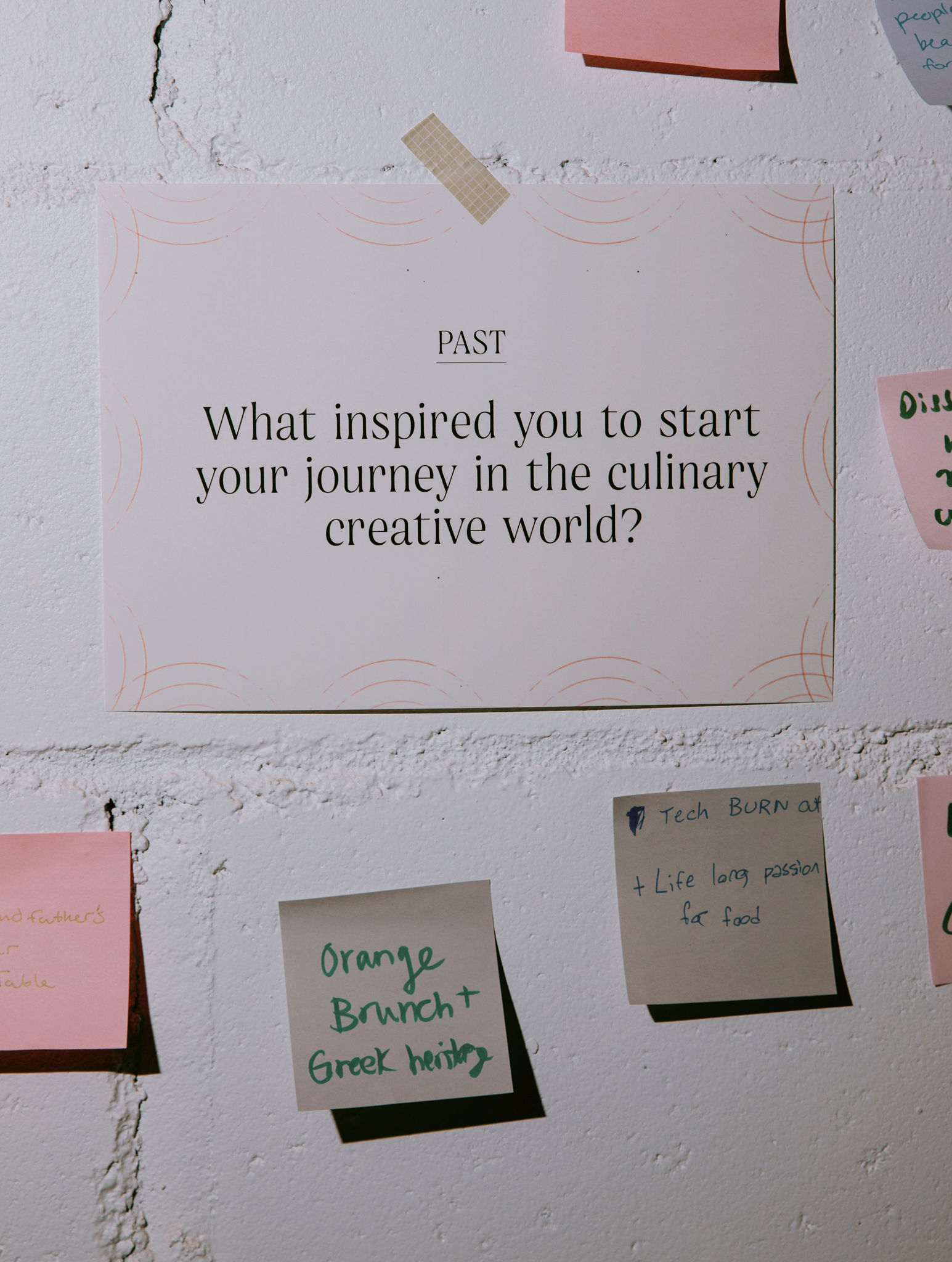
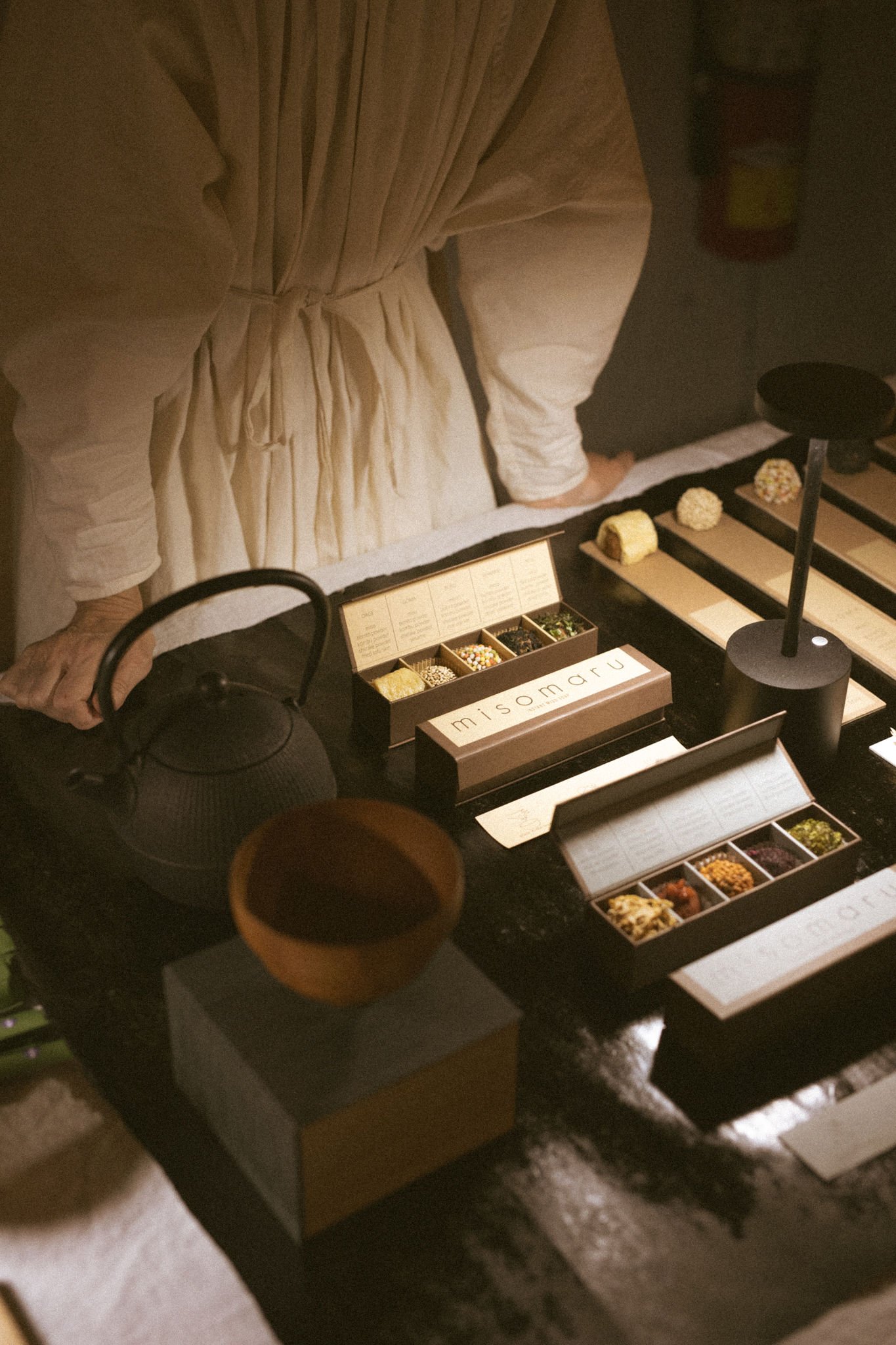
Can you tell us about a time you’ve had to pivot?
For years, I had dreamed (and still do) of creating a mission-driven community space—a place that would bring together chefs, food and beverage professionals, farmers, producers, and food creatives in a more intentional way. But I didn’t know how to make it happen. The idea evolved constantly, shaped by the challenges I saw in the industry and my own experiences working in training and development, strategy, and operations at companies like Eataly, BentoBox, and Resident Hospitality.
For a long time, I hesitated to take the leap. The fear of losing stability, health insurance, and financial security kept me in more traditional corporate roles. But COVID-19 fundamentally changed how I thought about this space. The pandemic exposed just how fragile and unsustainable the food industry could be. While chefs, restaurant workers, and farmers were deemed essential, they weren’t receiving the essential resources, protections, or career support they needed to thrive. I watched as restaurants closed, supply chains collapsed, and food professionals—many of whom had dedicated their lives to this work—were left navigating an industry that had no safety net for them.
Then, after being laid off from my last full-time role, I got the push I needed to finally start. I realized I couldn’t keep waiting for the perfect plan—I just had to begin. I pivoted into freelancing, launching what would eventually become The Libi Project. But even now, I’m still figuring it out. The vision continues to evolve as I learn more about what’s possible, what’s needed, and what truly makes a difference. The work of creating sustainable careers in the food industry isn’t a straightforward path—it’s a constant process of adapting, listening, and rethinking traditional models. I learned that you don’t need to have it all figured out to take the first step. The Libi Project is still evolving, and so am I—but by taking the leap, I’ve been able to build something that directly supports food professionals in ways I never could have in a traditional role.
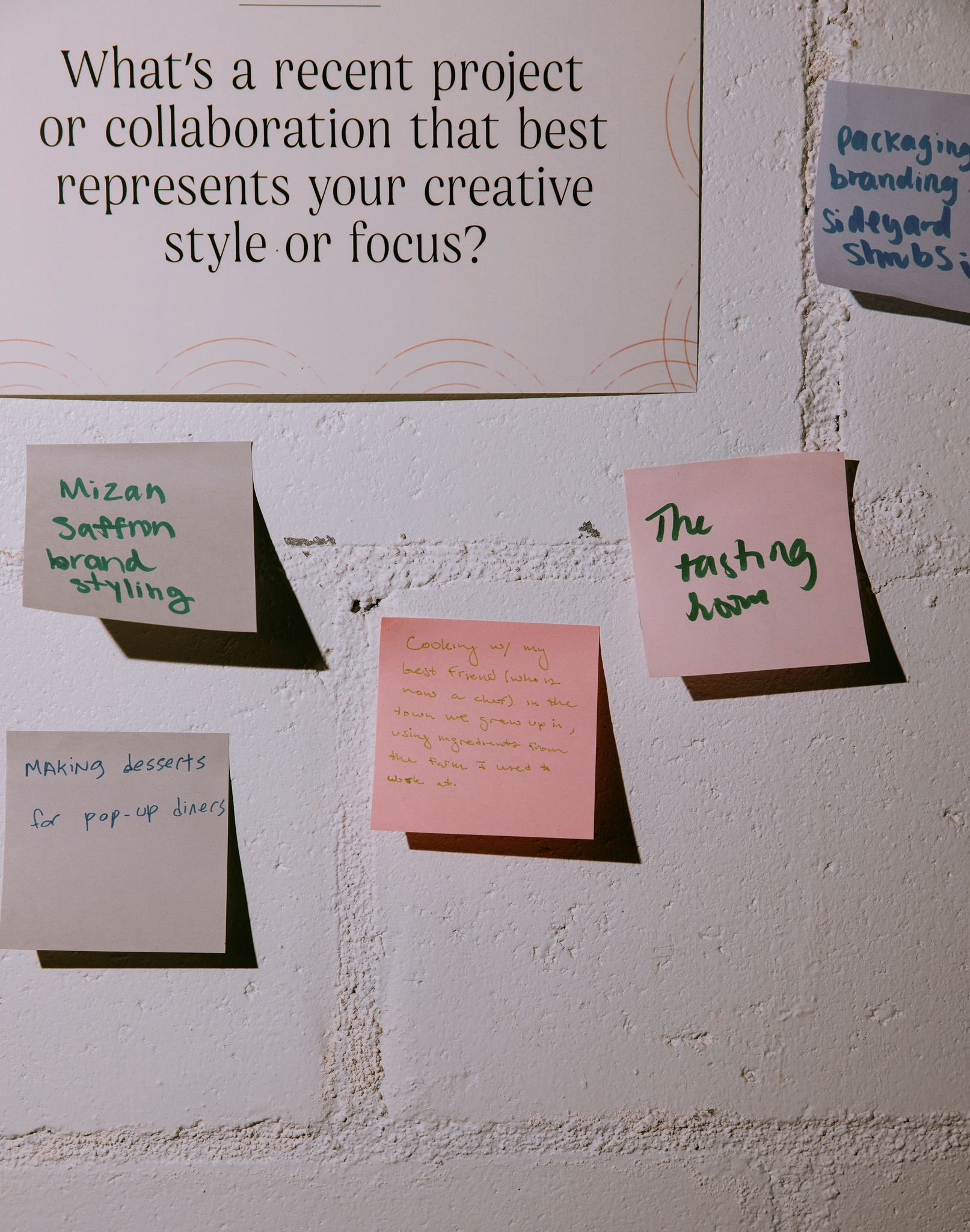
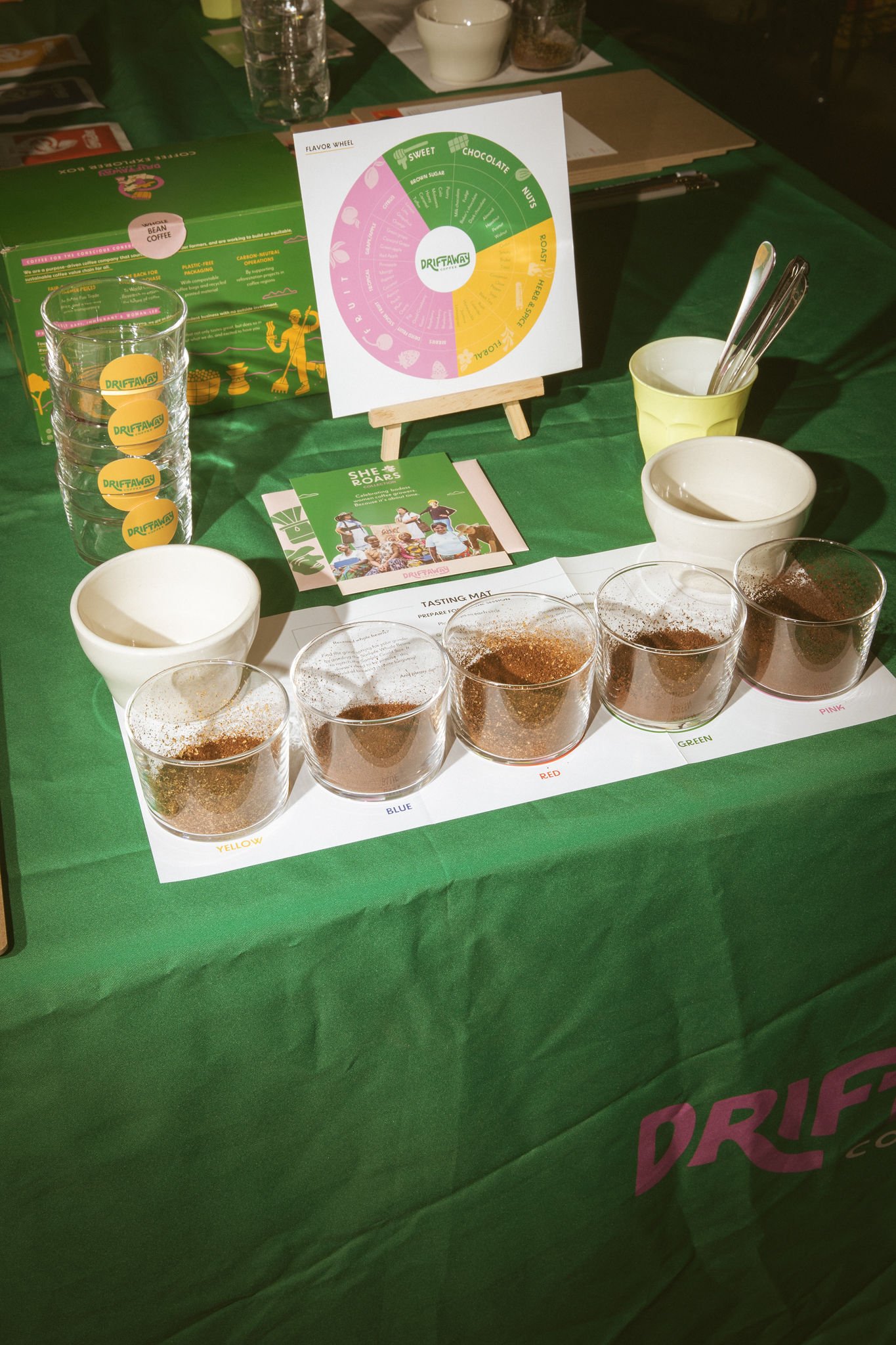
Any stories or insights that might help us understand how you’ve built such a strong reputation?
I set out to create something that felt meaningful, filled a real gap, and resonated with people who were questioning the industry’s structures. I focused on sharing my own personal experience or stories that weren’t being told as much.
So much of food media prioritizes aesthetics—the perfectly plated dish, the viral trends, the polished chef in a pristine kitchen. But food is so much more than that. It’s the farmers working day in and day out, the producers refining their craft for generations, the traditions and cultures that shape how we eat and gather. I wanted my work to reflect that depth. Instead of solely showcasing beautiful images, I focused on shifting the conversation—highlighting the people behind the food, the labor that happens before it reaches the plate, and the deeper connections we have to what we eat.
I was—and still am—building something slow, something rooted in relationships. I keep showing up, keep sharing, and keep highlighting the farmers, producers, and food creatives doing intentional work that deserves more visibility. I speak openly about the challenges of building a sustainable career in food, the realities of an industry that often lacks financial, healthcare, and career support, and the importance of rethinking traditional industry models. These conversations aren’t always the loudest in mainstream food media, but they matter to the people experiencing them firsthand.
Over time, the right people gravitated toward this work. Chefs, hospitality professionals, and culinary creatives saw their own concerns reflected. Farmers and producers appreciated seeing their work valued in a way that wasn’t just transactional. I think industry professionals took notice because I was creating something that felt necessary. Though, if I had to pinpoint what helped build my reputation in the market, it would be this: focusing on work that has substance, building genuine relationships, and creating something that people in the industry actually need.
Contact Info:
- Website: https://www.libinyc.com/
- Instagram: https://www.instagram.com/thelibiproject/
- Linkedin: https://www.linkedin.com/company/the-libi-project/?viewAsMember=true
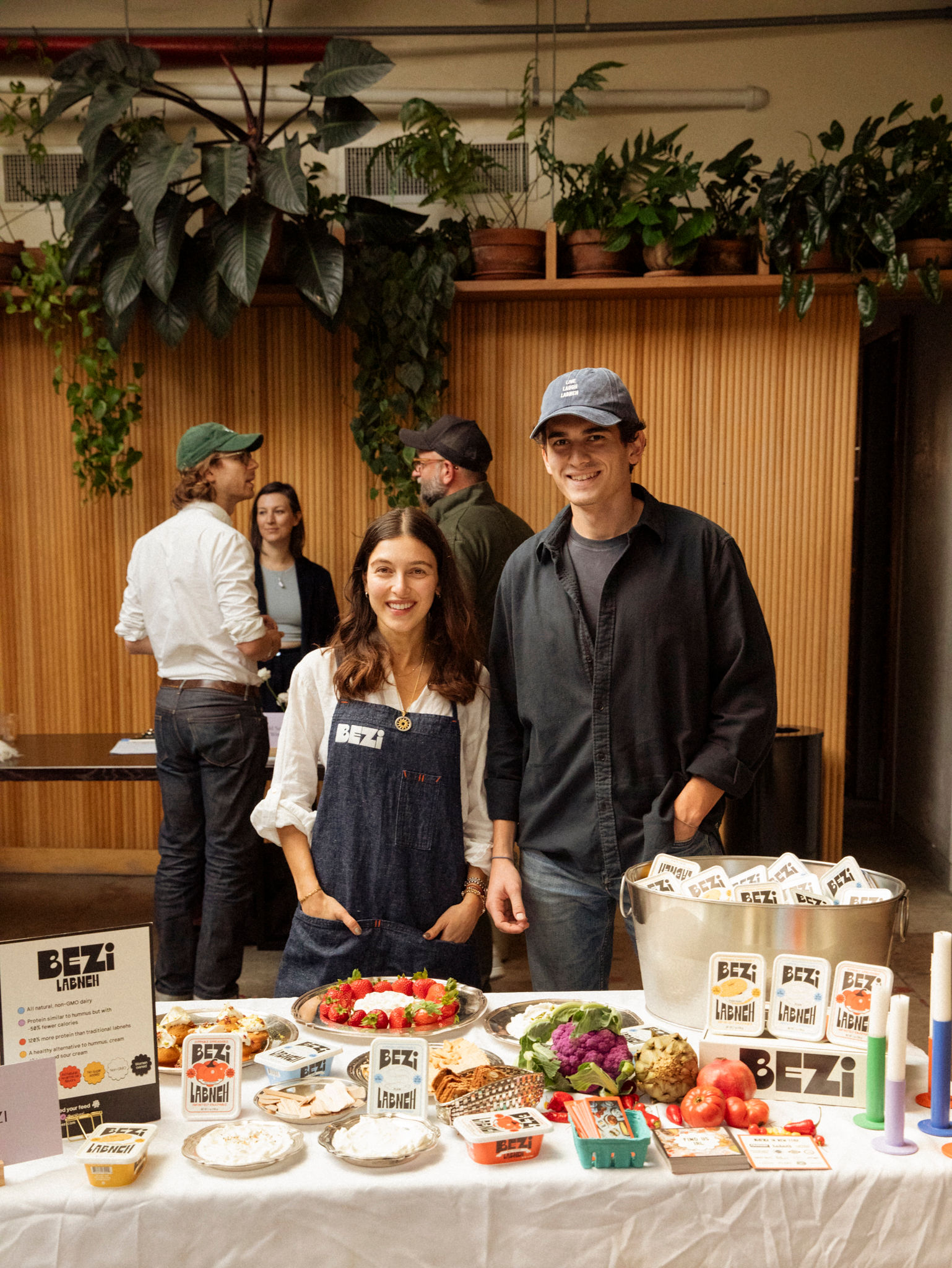
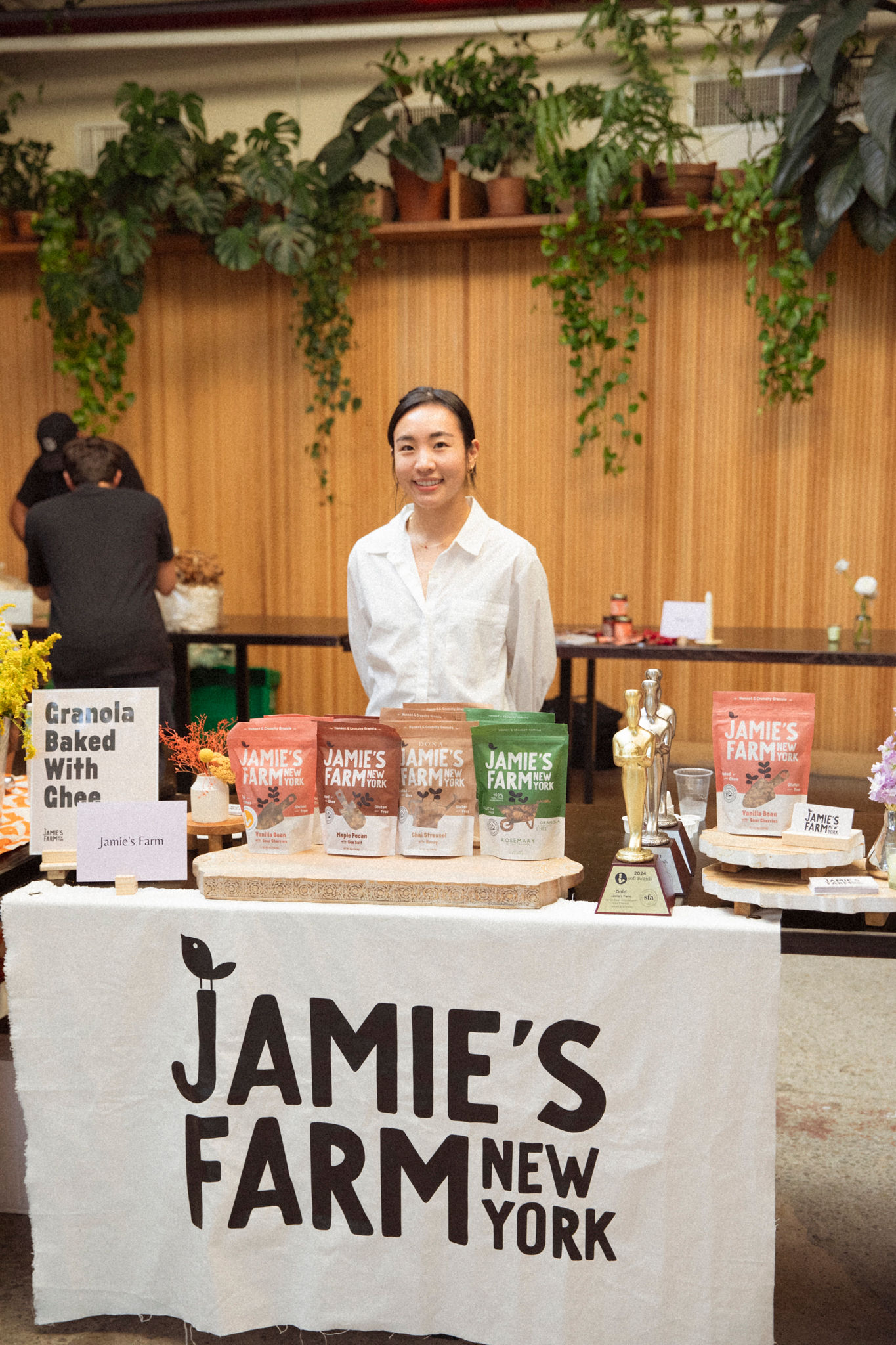
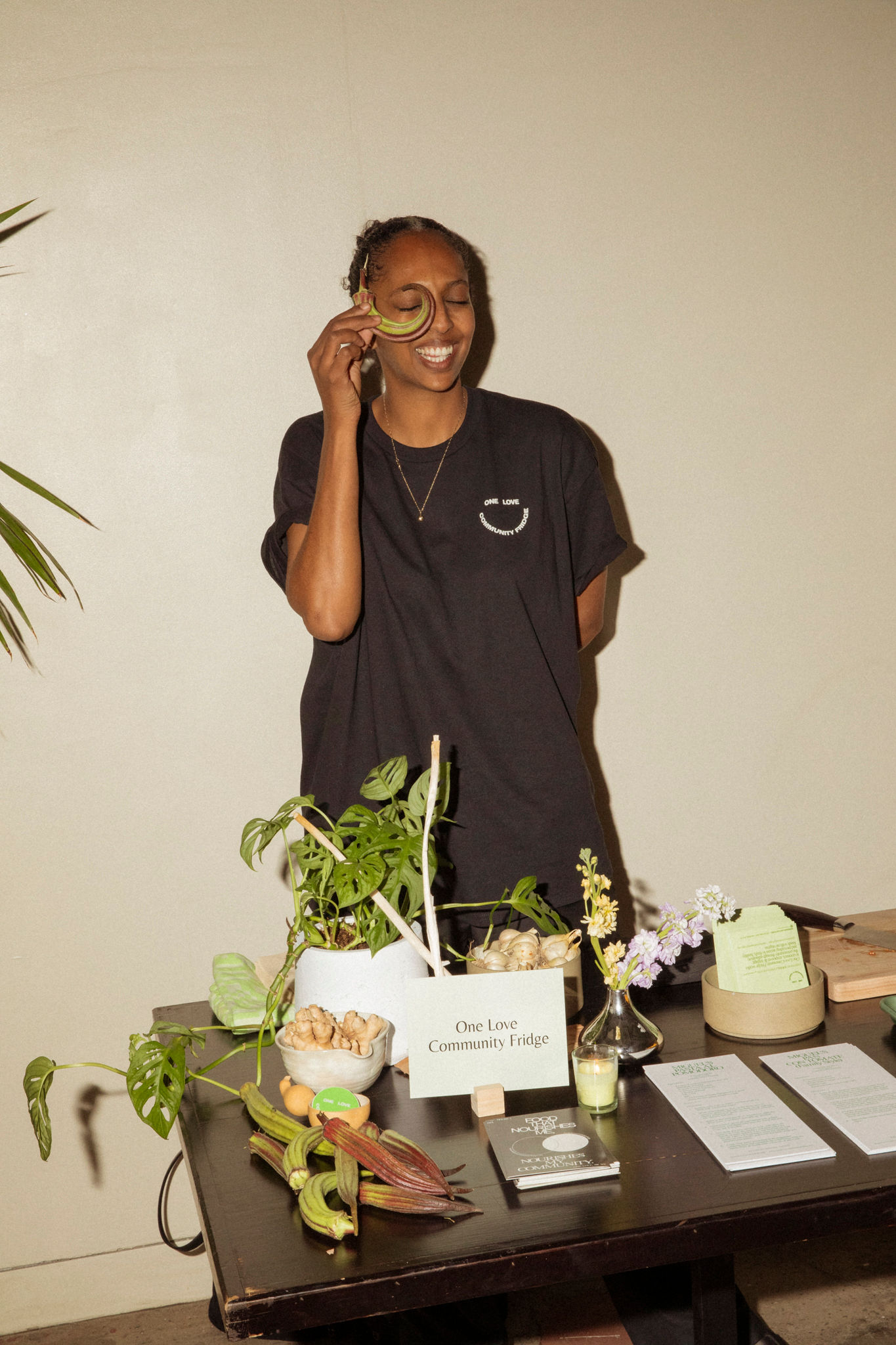
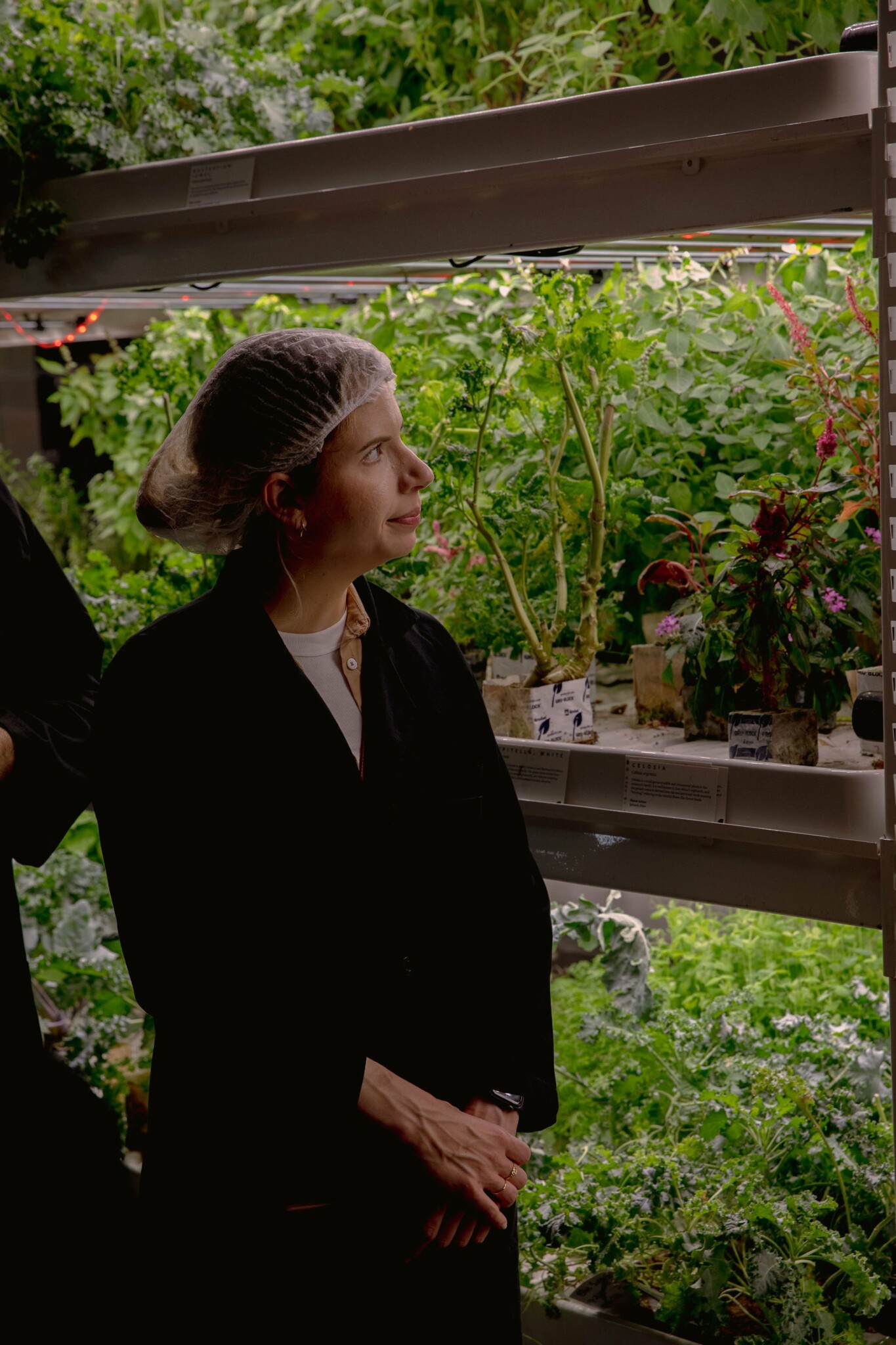
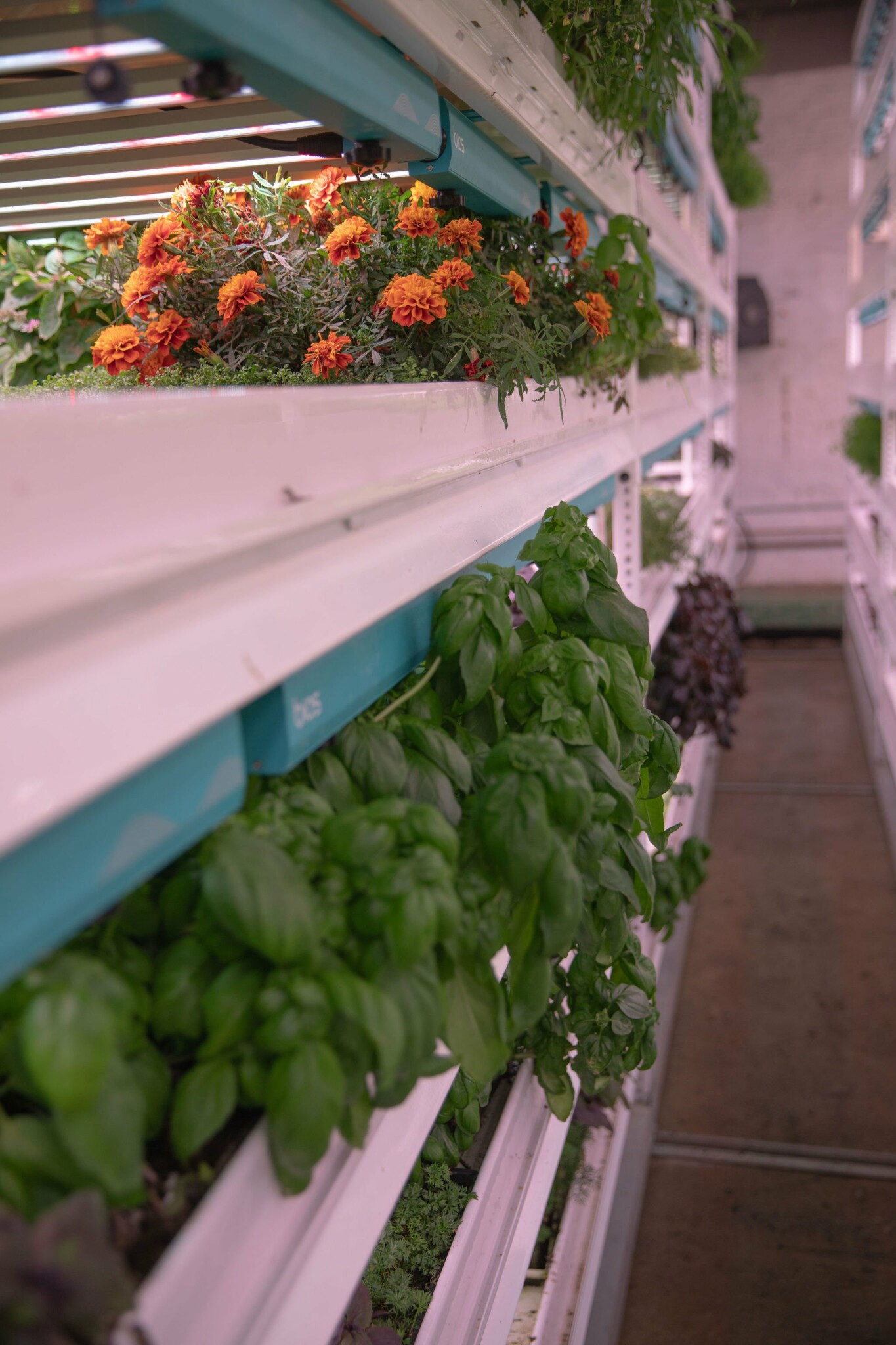
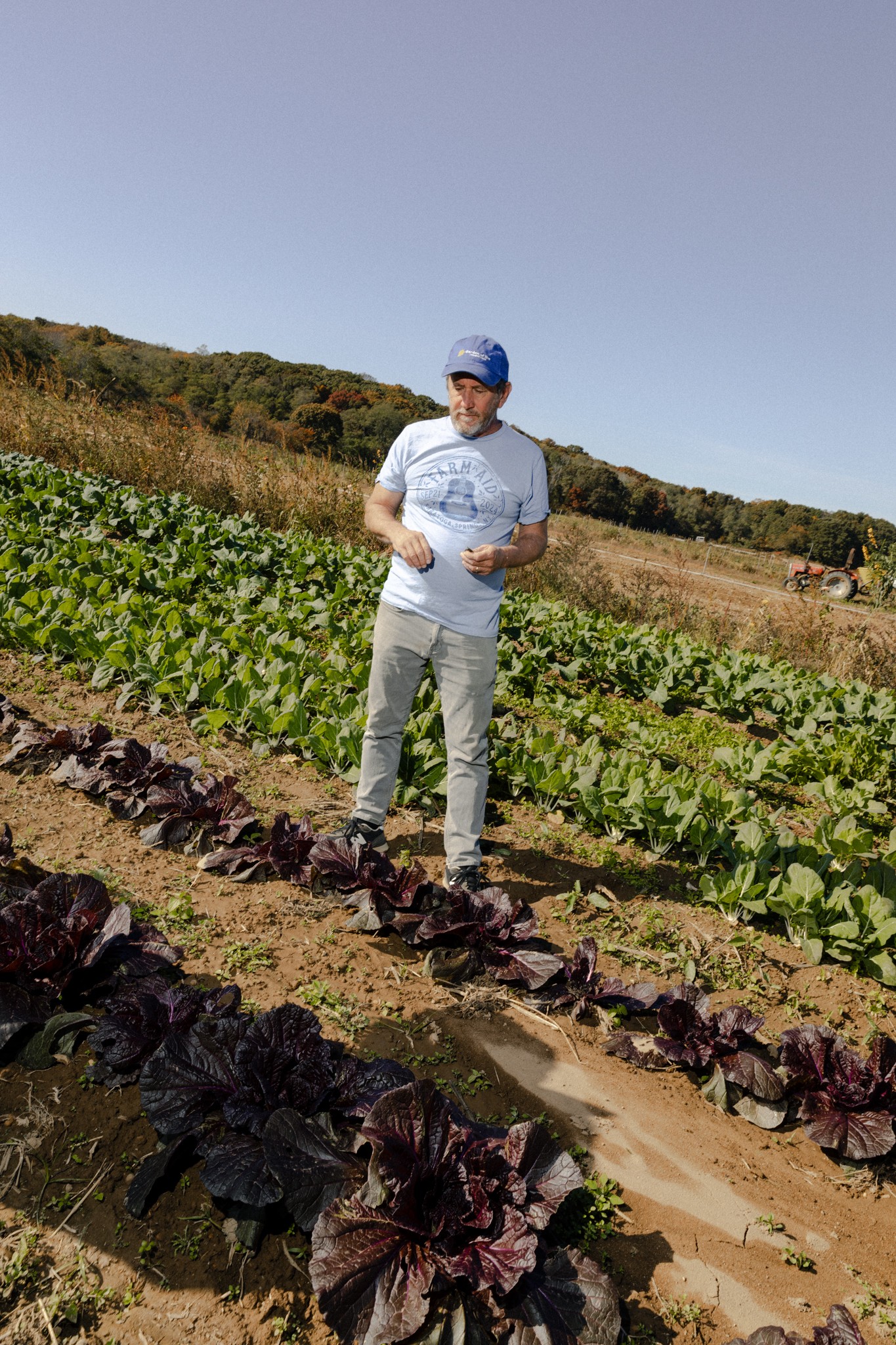
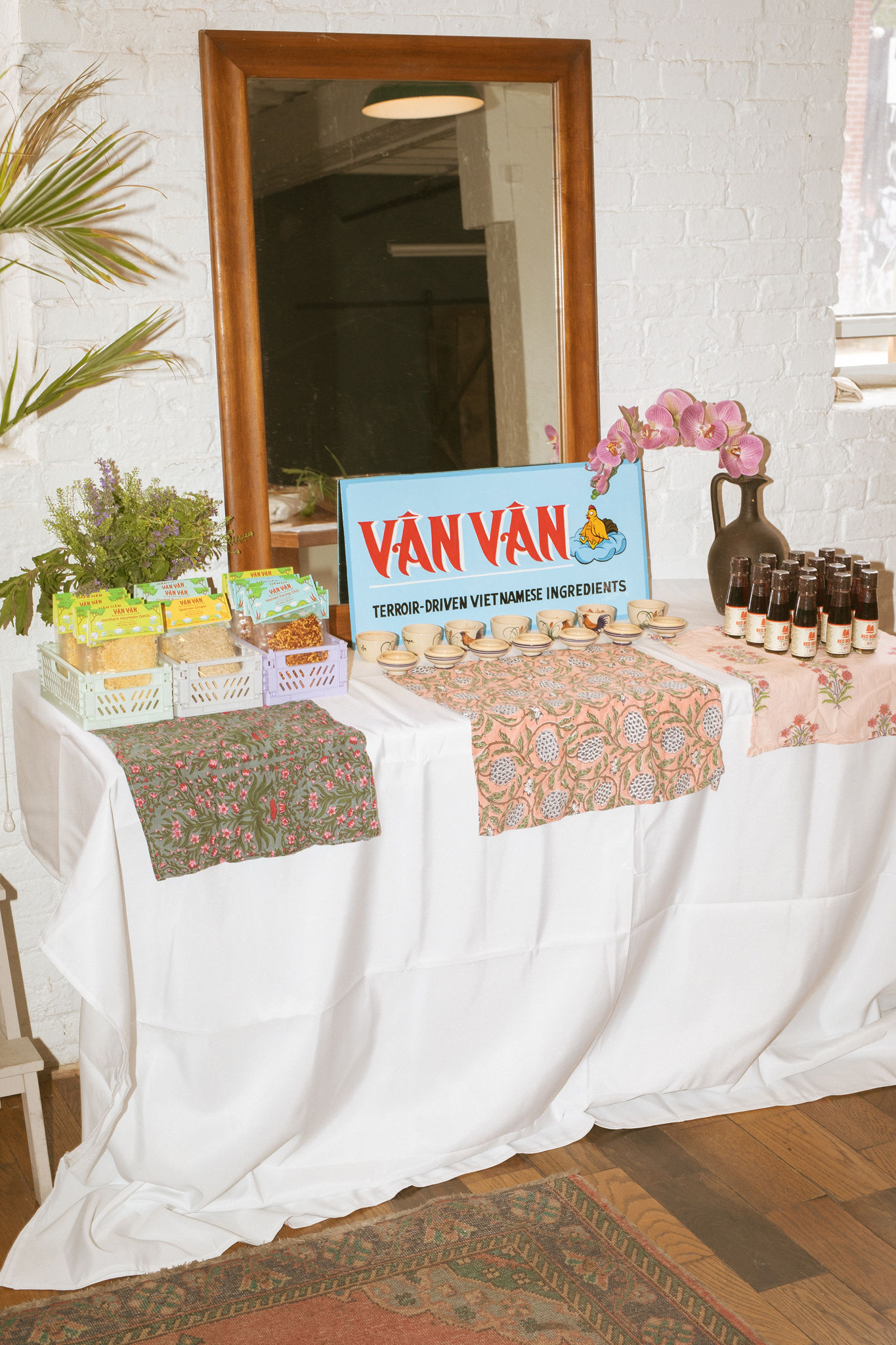
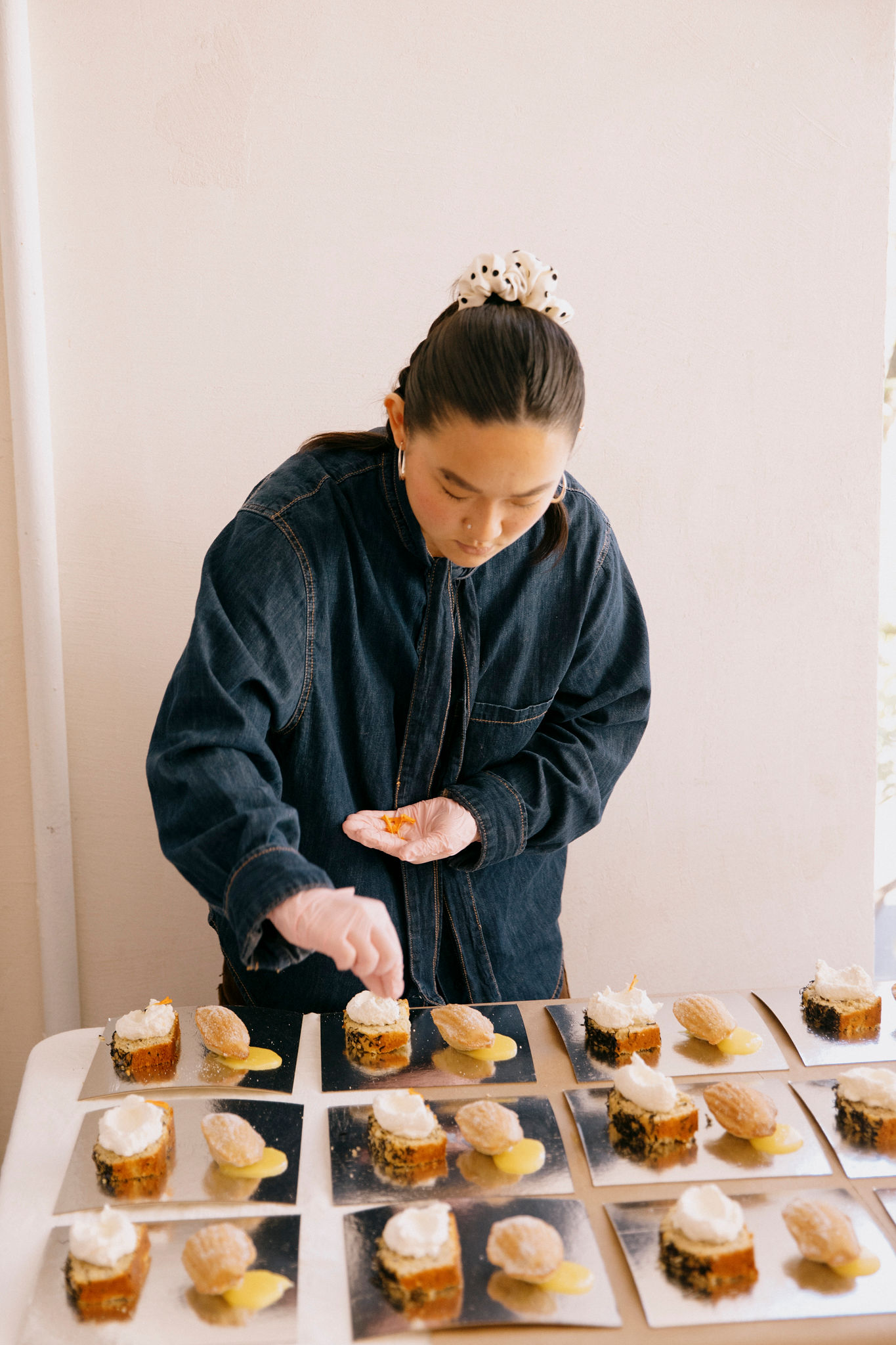
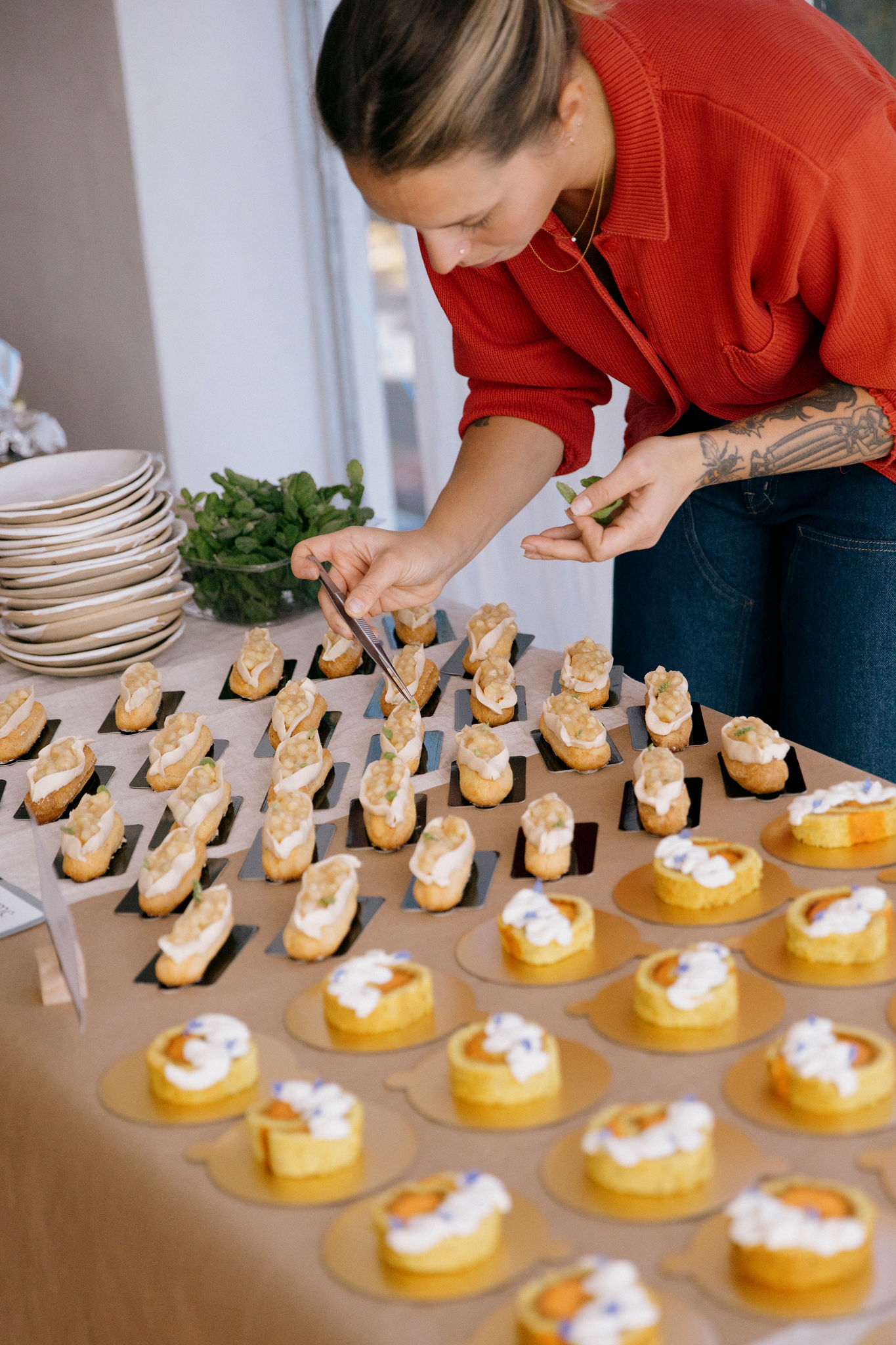
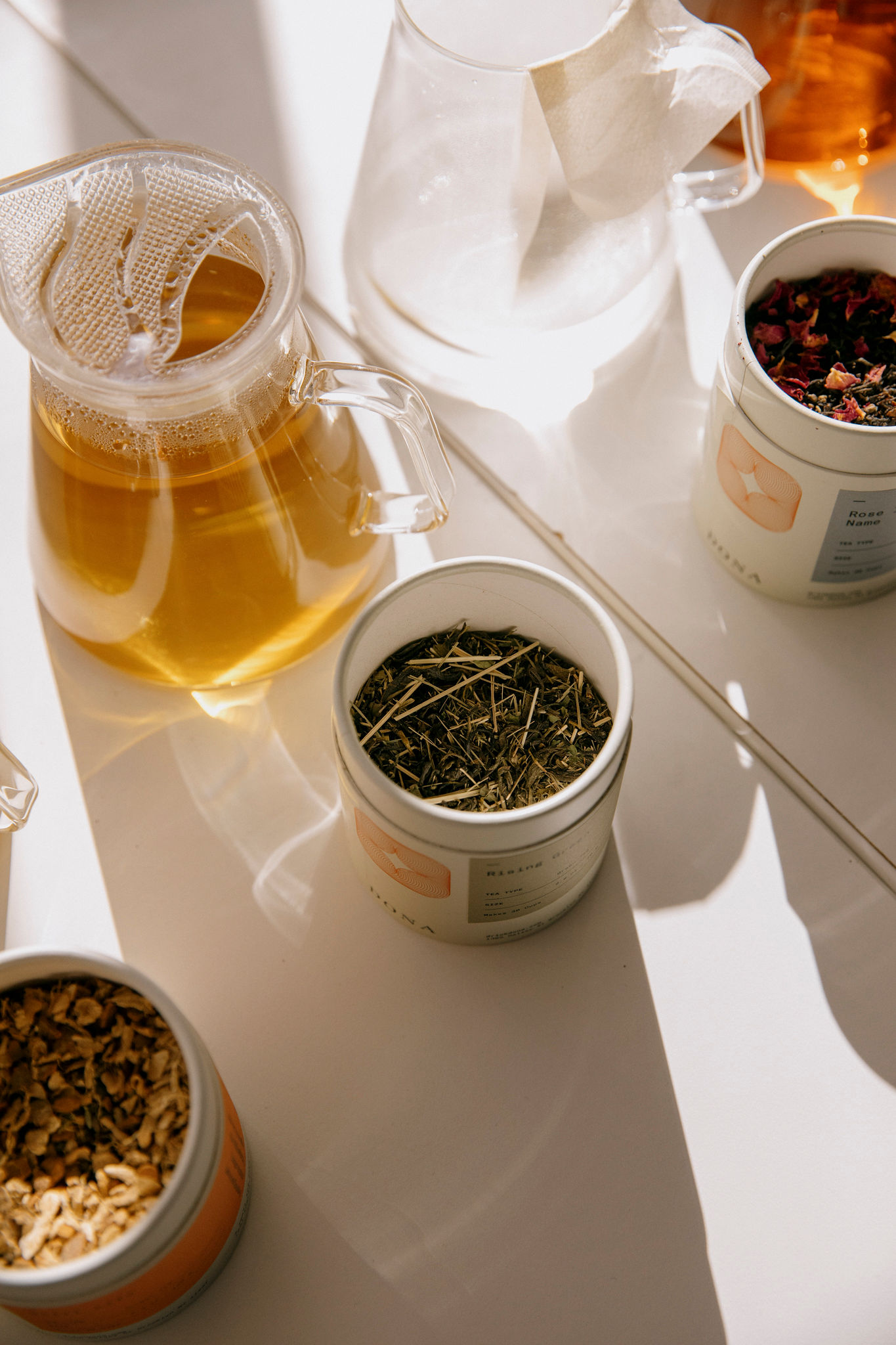
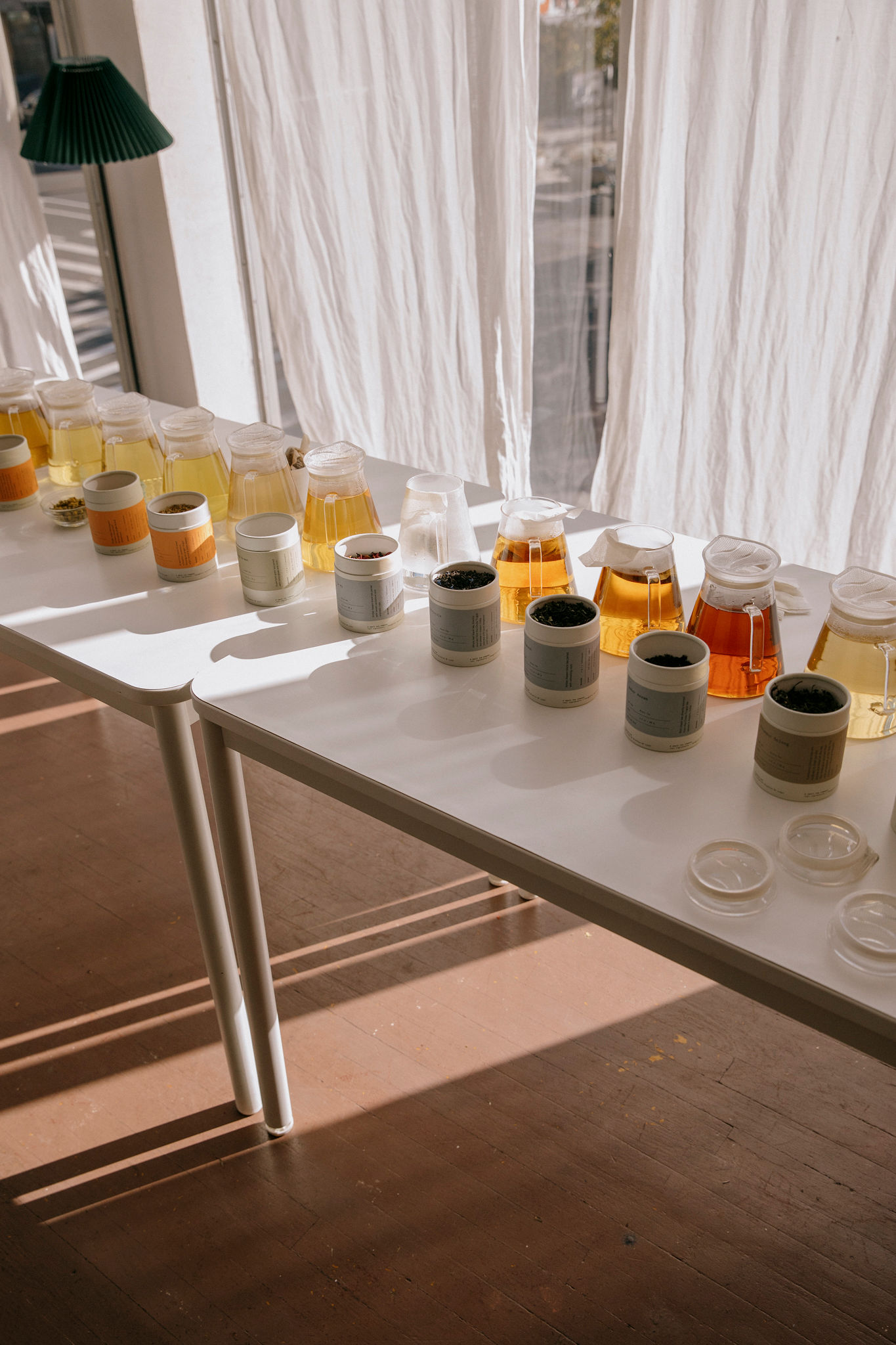
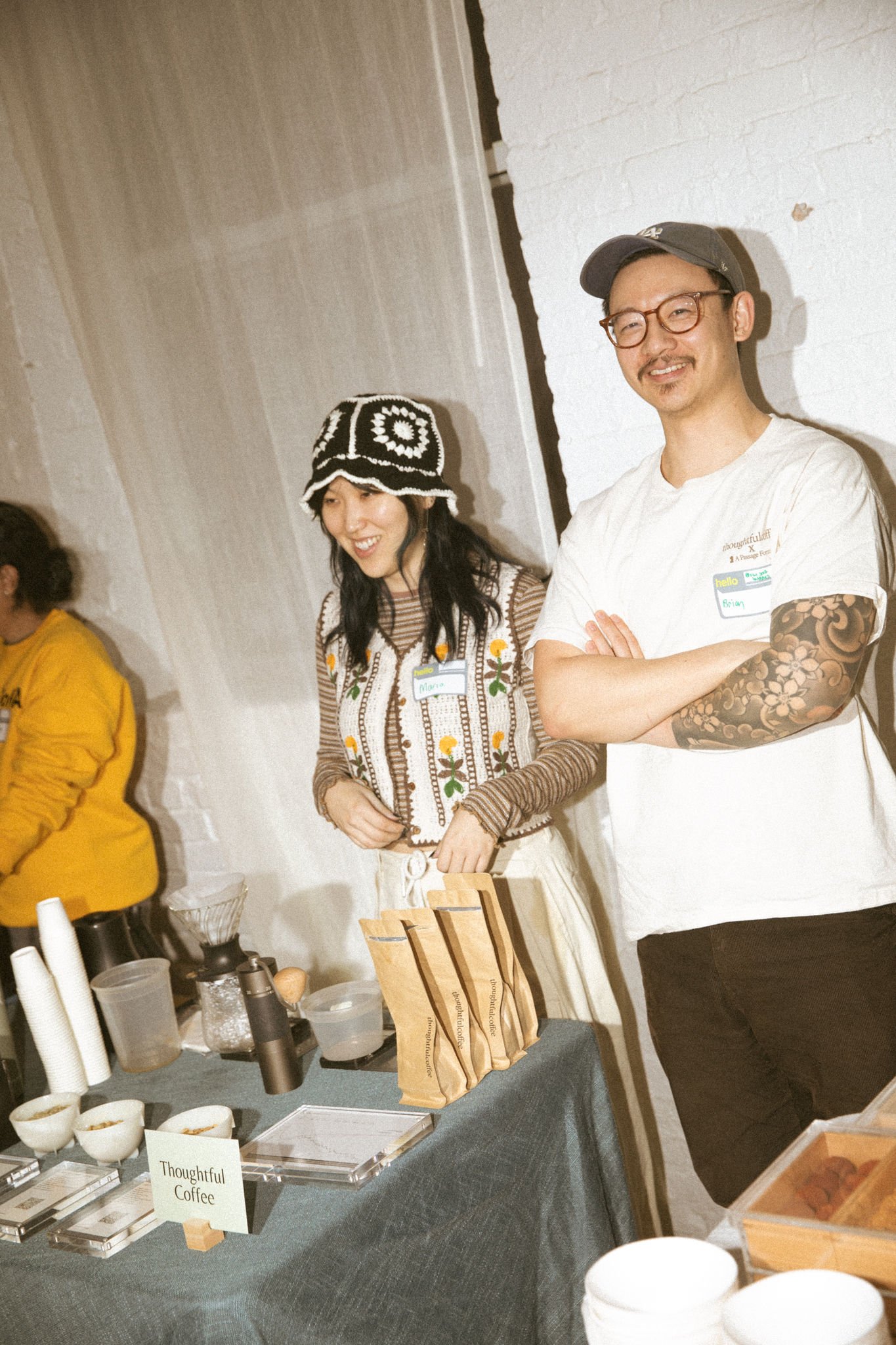
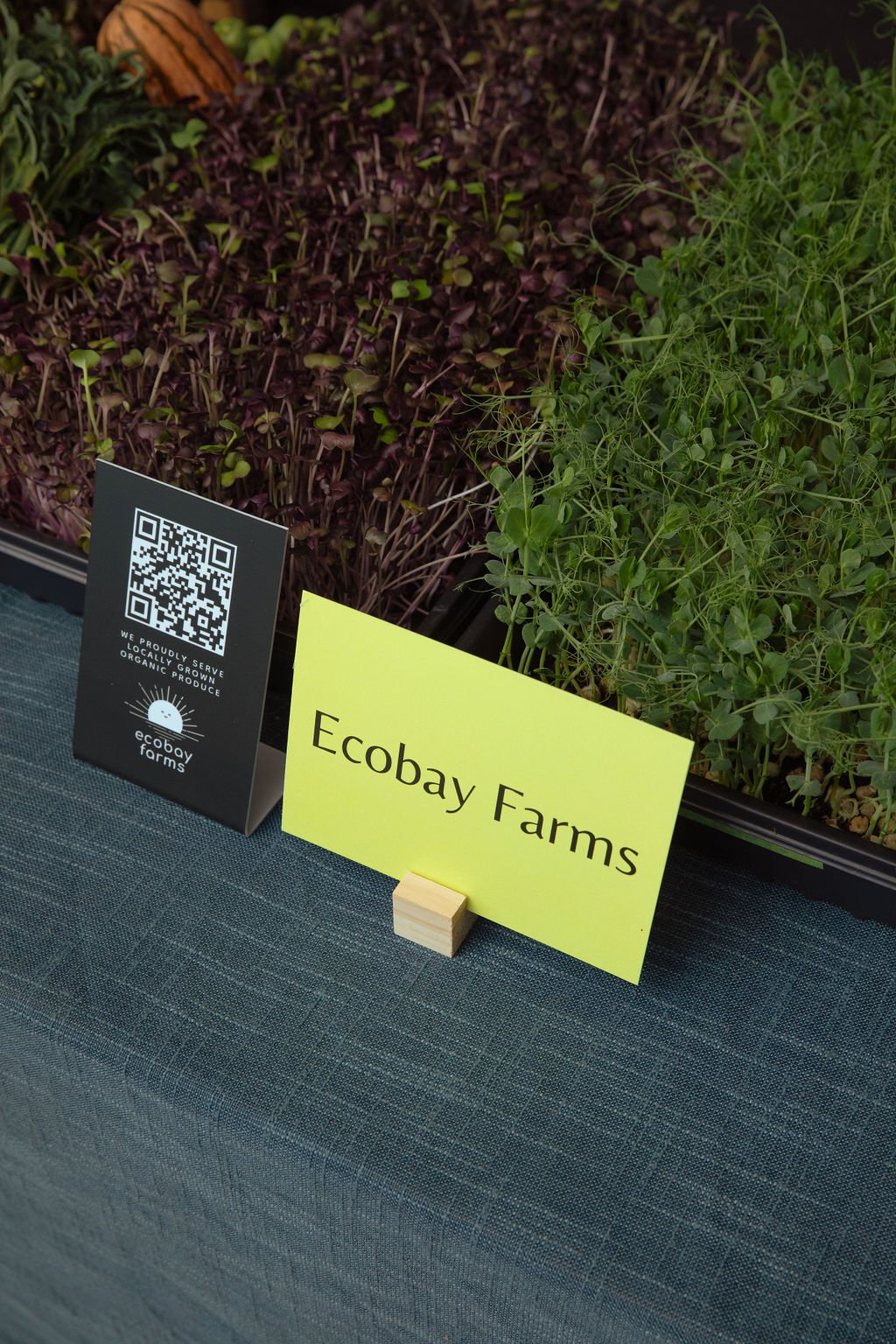
Image Credits
Photo Credits: The Libi Project


